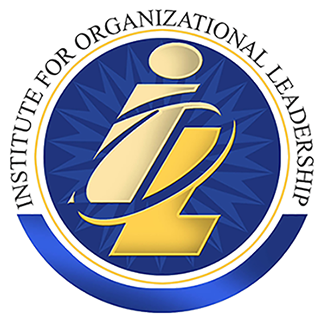Three Learning Principles
By Wally Adamchik
Here is a great article by Wally Adamchik about three essential learning principles.
As a Marine Aviator, business owner, and consultant, I have dedicated many years to honing my leadership and development skills – both organizational and personal. In my experiences I discovered three simple principles that, when properly applied, will make your leadership journey incredibly rewarding.
- Number One – it is all about you
- Number Two – it is all about them
- Number Three – it is all about the organization
I confirmed these proven principles in interviews with over one-hundred successful leaders. Here is an overview for you.
Organizational Leadership Principle Number One – It is all about you.
You must make the conscious choice to accept the leadership role. It is not enough to occupy a position of leadership (as defined by a box on the organization chart with your name on it). In fact, many people have made the choice to lead, exercising vast influence, without being in a so-called “leadership” position. In making the choice to lead, you take responsibility for yourself first, which means you must commit to working on your own personal and professional development. If you cannot, or will not, lead and develop yourself, you cannot lead and develop others. You must recognize that you will take some hits in your visible leadership role but you must also not shy away from them. You must realize that your decisions may not always be popular, but understand this comes with the territory. You will discover the rewards of leading are well worth it..
The three essential elements of this first principle that you must master are:
- Integrity – Do you deliver on your commitments?
- Technical competence – Do you understand the tasks?
• Setting the example – Are you a proper role model?
Once you accept the first principle and embrace these three elements you are ready to move on to the next principle.
Organizational Leadership Principle Number Two – It is all about them.
In this case, them refers to those we lead. Your purpose as a leader is to engage and motivate your employees to bring 100% of themselves to work, every day. As their leader, it is your responsibility to create the right environment for them to motivate themselves and to exceed your expectations. Your focus should be on helping people perform more effectively and efficiently.
This helps them become more productive and advance in their careers. It also shows them that you care about them.
The three essential elements of this principle are:
- Self-awareness – Do you know what you do well?
- Taking care of people – Do you look out for them?
- Developing new leaders – Do you help people advance?
Applied properly, this principle will help you in the long run as your employees become more efficient, more productive, and more effective. They will require less supervision–which brings us to principle number three.
Organizational Leadership Principle Number Three – It is about the organization.
There are unethical and misguided bosses who think the organization exists to support them. This arrogance ultimately brings failure. We come together in associations or businesses to accomplish something that we could not accomplish alone. Your employees give you their time and you compensate them with standard benefits. As a leader within your organization, you must recognize that you are part of the organization, but not the organization itself.
Investing your ego and ambition in your job is fine–to a point. In the extreme, this creates an overbearing autocrat. The truly effective leader knows he or she is an active member within the team and always works to better the team. Real leaders have a forward looking orientation and work to build the culture of their group. It is the insecure leader who wants their successor to fail. Any leader who fails to support an employee–for any reason–hurts the organization, therefore violating Principle Number Three.
The essential three elements of this law are:
- Commander’s intent – Where are we going and why?
- Culture and Values – What makes this place tick?
- Practice – Do we work to get better at what we do?
Clearly, there are many layers to each of these laws. But the first step to higher leadership effectiveness is to make the choice to be a leader. Then, focus on your people and help them succeed. Together, you can successfully advance your organization into the future you articulate. Once you embrace these three laws, you are on your way to becoming a truly successful leader and you will create a thriving organization as you navigate your way through the tumultuous sea to the land of new opportunities – new opportunities not seen by many.
